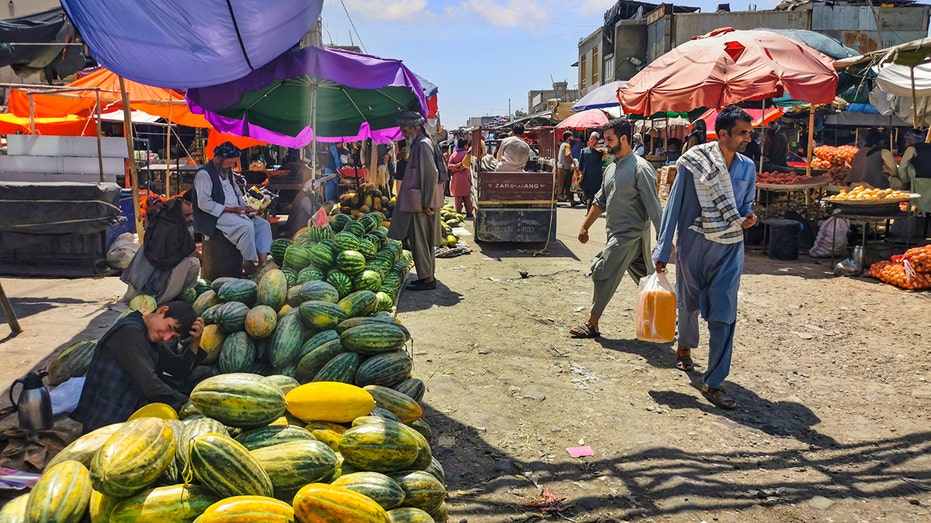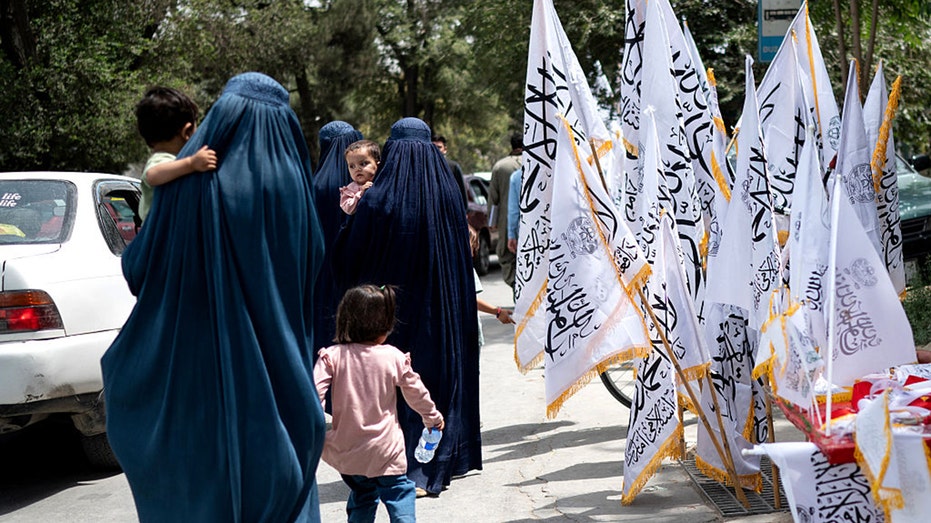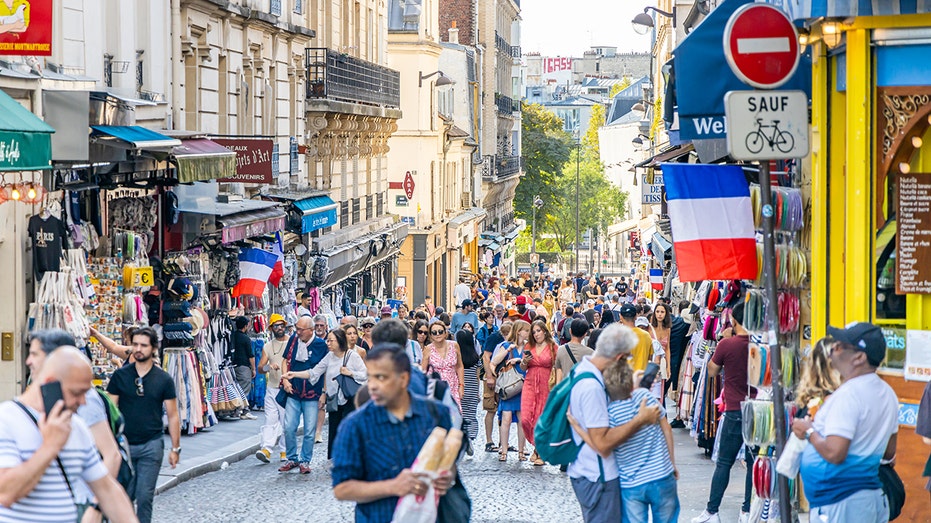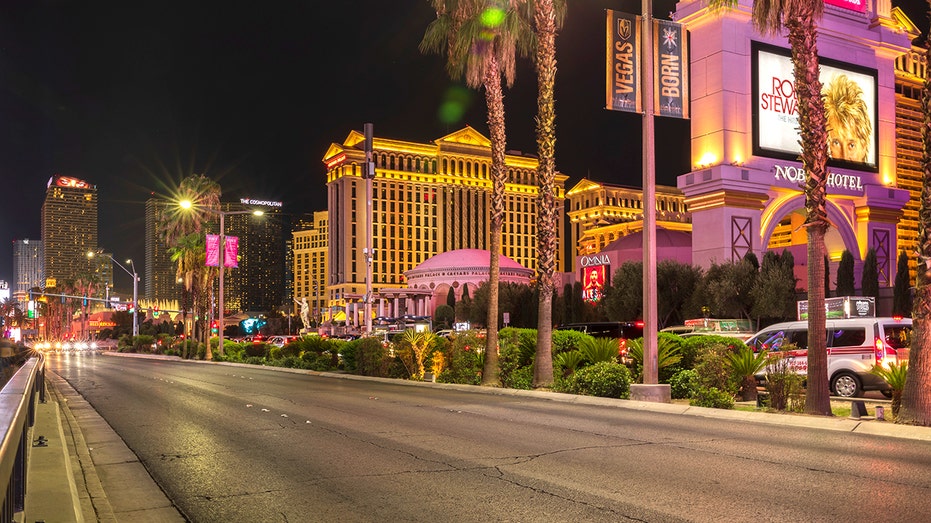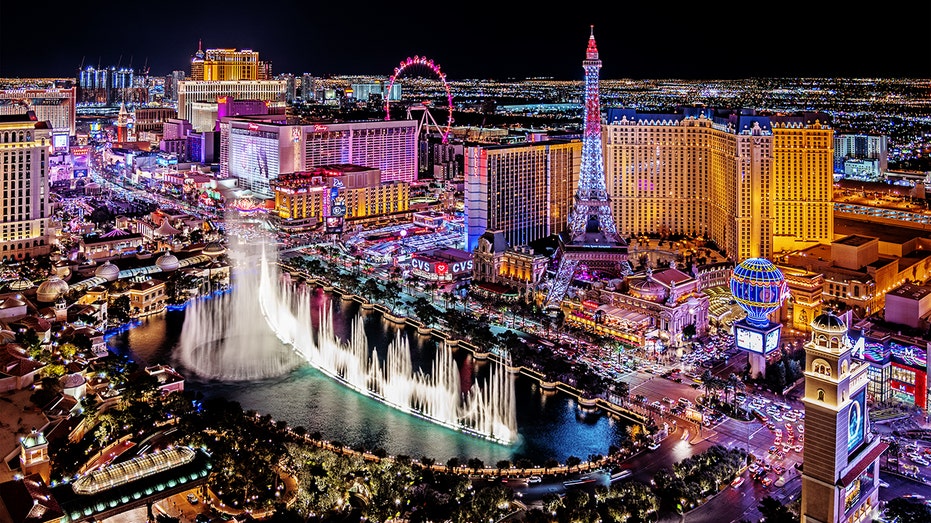The Dark Side of Travel: How Taliban Tourism Masks a Human Rights Crisis

Sarah Johnson
August 14, 2025
Brief
Analysis of increasing tourism to Taliban-controlled Afghanistan. Explores ethical implications, the regime's PR strategy, and the disconnect from human rights realities.
The Illusion of Progress: How Taliban Tourism Masks a Human Rights Crisis
Opening Analysis: The recent surge in foreign visitors to Taliban-controlled Afghanistan, particularly driven by social media influencers, presents a deeply complex ethical dilemma. While seemingly showcasing a nation rebuilding, it risks obscuring the severe human rights violations, especially against women and girls, and potentially bolstering a regime that faces international condemnation.
The Bigger Picture: Afghanistan's history is marred by decades of conflict, from the Soviet-Afghan War in the 1980s to the U.S.-led intervention following the 9/11 attacks. The Taliban's resurgence in 2021 represents a significant setback for human rights and democratic progress. Historically, tourism has often been intertwined with political agendas, used to project a certain image of a nation, regardless of the realities on the ground. This echoes historical instances where authoritarian regimes have leveraged tourism for propaganda, such as the Soviet Union or more recently, North Korea. Considering this context reveals the Taliban's tourism promotion as a strategic effort to reshape international perceptions.
What This Really Means: The influx of tourists, even in small numbers, offers the Taliban a veneer of legitimacy and normalcy. The revenue generated, however minimal, can be used to further entrench their power. More insidiously, the positive narratives spun by travel influencers can distract from the systemic oppression faced by Afghan women, who are increasingly marginalized from education, employment, and public life. The disconnect between the experiences of foreign visitors and the reality of Afghan citizens is stark and concerning. What tourists see is a carefully curated facade, not the daily struggles of a population under strict rule.
Expert Perspectives: According to Laurel Miller, Director of the Asia Program at the Crisis Group, "The Taliban's charm offensive with tourists aims to normalize their rule and attract foreign investment. However, this ignores the ongoing repression of women and the lack of political freedoms for the Afghan people." The UN Special Rapporteur on Human Rights in Afghanistan, Richard Bennett, has consistently highlighted the deteriorating human rights situation, noting that "systematic discrimination against women and girls is a central policy of the Taliban, not an accidental outcome."
Data & Evidence:
- UNAMA Report (May 2024): Details the severe restrictions on women's rights, including access to education, employment, and freedom of movement.
- U.S. State Department 2024 Report on Human Rights Practices: Documents the worsening treatment of women and girls under Taliban rule.
- Reported Visitor Numbers: Nearly 9,000 foreign visitors in the past year (according to Taliban officials). While this number may seem low, the propaganda value is high.
Looking Ahead: The international community faces a delicate balancing act. Isolating Afghanistan entirely could exacerbate the humanitarian crisis, yet engaging with the Taliban risks legitimizing their regime. Increased scrutiny of the travel industry's role in promoting tourism to oppressive regimes is necessary. Travelers should be encouraged to thoroughly research the ethical implications of their tourism and to prioritize human rights considerations. The focus should be on supporting Afghan civil society and human rights organizations, rather than amplifying the Taliban's narrative.
The Bottom Line: While scenic vistas and cultural experiences in Afghanistan may be alluring, it's crucial to recognize that tourism under the Taliban serves a propaganda purpose. The ethical cost of potentially normalizing or legitimizing a regime that systematically violates human rights, particularly those of women and girls, far outweighs the personal gains of "adventure travel." Travelers must be aware of the full context and consider the impact of their choices on the Afghan people.
Topics
Editor's Comments
The narrative presented by travel influencers can be powerful, yet it's crucial to approach these accounts with a critical eye, particularly when they feature countries with questionable human rights records. Social media often presents an idealized version of reality, and it's the responsibility of travelers and consumers of content to seek out diverse perspectives and understand the complexities on the ground. Prioritizing personal experience over the realities of those living under oppression normalizes their plight. Are influencers profiting off a nation in crisis? It's a conversation that needs to be taking place!
Like this article? Share it with your friends!
If you find this article interesting, feel free to share it with your friends!
Thank you for your support! Sharing is the greatest encouragement for us.
